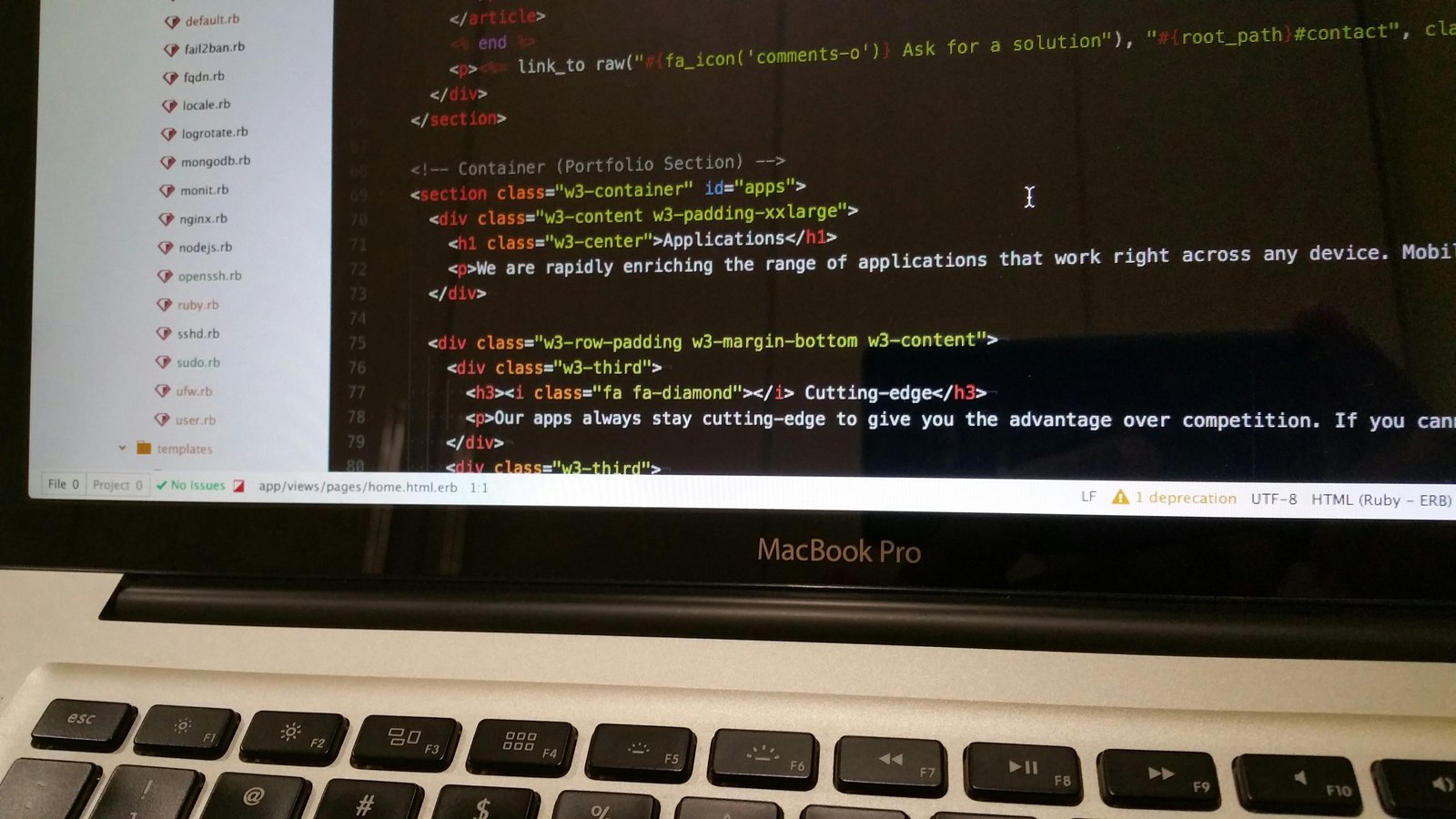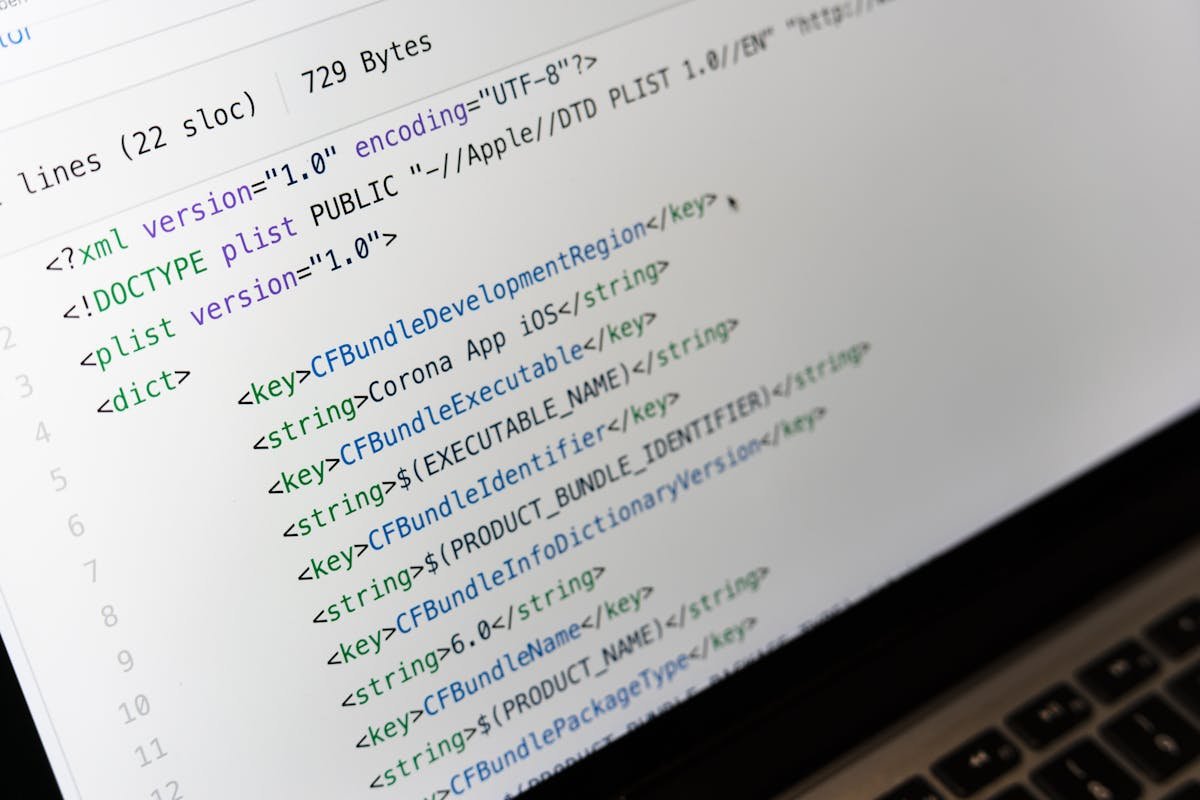The Evolution of C++: What’s New in Modern C++ Standards?
Programming Languages & Frameworks / Date: 05-12-2025

The programming world doesn’t age like cheese or wine—it mutates. Quietly. Constantly. Sometimes violently. And C++? It’s a dinosaur that refuses extinction. But unlike Jurassic fossils, this one has evolved teeth. In this article, we’re diving deep—not just into the syntax changes—but into how modern C++ has rewritten the rules of performance, safety, and what it means to be "low-level high-level" (yep, that paradox is real).
Whether you're a curious learner, a C++ veteran, or someone still writing code like it's 1998—this piece will ruffle some assumptions and update your mental model of C++ once and for all.
C++ in the 90s: A Love Letter to Complexity

Once upon a pre-smartphone era, C++ was both the hero and the villain. Fast? Oh, absolutely. Flexible? You bet. But let’s be real—it also gave you a thousand ways to shoot yourself in the foot. Memory leaks, undefined behavior, dangling pointers—developers called it "powerful," but they also lost sleep over it.
The language was static, verbose, and mostly stuck in the class-obsessed, template-laden style of C++98 and C++03. Everyone either loved it or learned to hate it quietly.
Modern C++: Not Your Grandpa’s Language
Fast-forward to 2011. The world had iPhones, cloud computing, and YouTube algorithms. C++ couldn’t afford to stay stuck in the past. And thus began the rebirth.
Each new standard—C++11, C++14, C++17, C++20, and now C++23—wasn’t just a patch update. It was a philosophical shift.
Let’s unpack this timeline.
C++11: The Game-Changer Nobody Expected
Nicknamed “C++0x” during its decade-long gestation, C++11 was supposed to be a light upgrade. Instead, it became a bombshell.
Key Features:
- Auto Keyword: No more writing
std::vector<std::pair<std::string, int>>::iterator. Just sayauto. Clean. Simple. - Range-Based For Loops: No more off-by-one errors. Hello,
for (auto& x : container). - Lambda Functions: Suddenly, functional programming wasn’t a stranger anymore.
- Smart Pointers (
std::unique_ptr,std::shared_ptr): Manualdeletestarted looking... irresponsible. - Move Semantics: Copy less, move more. This made C++ competitive with performance-critical apps again.
- Multithreading: Finally, it was part of the standard.
std::threadopened up real parallelism.
If C++98 was the toddler who ran with scissors, C++11 was the teenager who discovered responsibility (and espresso).
C++14 & C++17: Silent But Deadly
C++14 didn’t get headlines, but it smoothed out rough edges.
14’s Highlights:
- Generic Lambdas: You could now write lambdas with
autoin the parameter list. Flexibility unlocked. - Binary Literals: For hardware nerds, writing
0b1010instead of10felt oddly satisfying.
17’s Power Moves:
- Structured Bindings: No more tie-ins from Boost. You could just write
auto [x, y] = get_pair(); if constexpr: Compile-time branching made templates sane again.std::optional,std::variant,std::any: Welcome to type-safe uncertainty.- Filesystem Library: Now, dealing with files didn’t feel like poking the dark ages.
And with that, C++ started sounding less like a dinosaur and more like a very fit grandmaster boxer.
C++20: The Standard That Finally Felt Modern
Hold up—this one’s a beast. C++20 wasn’t just an update; it was a culture reset.
Mind-Blowing Changes:
- Concepts: Type constraints, finally baked into the language. Templates made readable.
- Ranges Library: Functional-style collection transformations. Like Python or Rust? Kinda.
- Coroutines: Async made human. Forget callbacks. Write code that reads top-to-bottom.
- Modules: Goodbye, header file hell. Compilation time? Down. Sanity? Up.
- Calendar and Timezone Library: Yes, finally—dates that don’t make you cry.
Here’s a real talk moment: with C++20, you could now write clean, expressive code and still squeeze every drop of performance from the machine. That’s rare. That’s power.
C++23: Fixing the Little Big Things
At first glance, C++23 doesn’t seem as dramatic. But peek under the hood—it’s thoughtful.
Notable Additions:
std::expected: Error handling without throwing exceptions. Cleaner than try-catch.std::print/std::println: Why didcoutlast this long anyway?- Multidimensional Subscript Operator (
operator[](...)): A long-awaited syntactic sugar. - More Ranges Features:
std::views::join_with,std::ranges::contains—useful stuff. - Monadic Interface for
std::optional: Functional vibes for handling absence.
So… Is C++ Finally User-Friendly?
It’s not JavaScript or Python. You still need to care about memory layout, cache performance, and template instantiation rules that might look like riddles from a fantasy novel.
But modern C++? It’s not the angry mess it used to be. Smart pointers prevent most leaks. Lambdas reduce boilerplate. Concepts help keep generics in check. And with coroutines and modules? You write less and do more.
C++ didn’t become a beginner-friendly language—it became a language that respects your time, if you respect its rules.
Why Programmers Still Choose C++ in 2025
Despite the rise of Rust, Go, and Zig, C++ is still running the world’s financial engines, embedded systems, game engines, and machine learning backends.
Why?
- Raw Speed: Nothing matches C++ when you optimize to the bone.
- Hardware Control: Perfect for OS kernels, firmware, and device drivers.
- Legacy Codebases: Millions of lines of old C++ still power mission-critical systems.
- Tooling and Ecosystem: Compilers, libraries, frameworks—it’s all there.
And let’s face it—many new languages borrow their soul from C++. It’s the blueprint.
Follow Us
Newsletter
Subscribe to our newsletter to stay updated with our latest news and offers.
We respect your privacy.Trending










